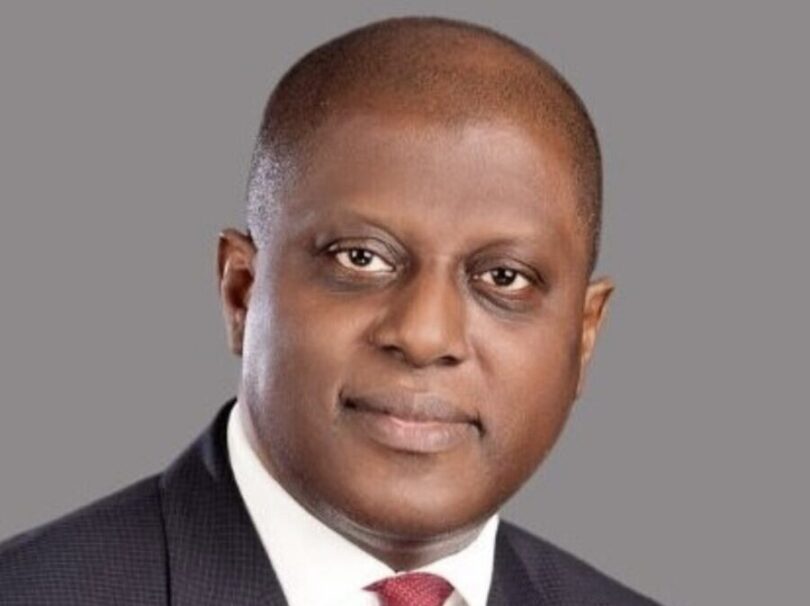Mr. Yemi Cardoso, the acting governor of the Central Bank of Nigeria, faces an impossible challenge in trying to tame the strong dollar effect on the naira in the face of the nation’s poor liquidity.
If the Senate confirms Yemi Cardoso, he will become the 11th governor of the Central Bank of Nigeria. He will face many challenges in the country’s turbulent foreign exchange market.
The previous CBN team eliminated all segmentations, implemented a single free-floating exchange rate, and combined all foreign exchange windows into importers’ and exporters’ windows, however, the naira suffered due to the strong dollar and a weak country’s weak FX liquidity.
The high volatility of the naira has been attributed to poor liquidity in the Nigerian foreign exchange market – especially on the part of investors and exporters.
The naira has lost nearly half its value against the US dollar in official markets since June when the new administration led by President Tinubu encouraged the central bank to stop maintaining high exchange rates.
The naira touched N1,000/$1 levels in the parallel market on Friday as supply from the central bank to the forex market dwindled amid growing demand.
Nigerian Finance Minister Adebayo Olawale Edun also attributed the catastrophic decline of the naira to the outstanding forward payment debt of $6.8 billion in the foreign exchange market, emphasizing that solving this problem is important to stabilize the domestic currency.
Edun said the settlement of these ongoing contracts will not only strengthen the naira but also facilitate additional foreign exchange inflows.
Nigeria’s continued foreign exchange issues, according to FTSE Russell, were one of the primary causes of such a downgrade.
The UK-based financial organization claims that these problems have made it more difficult for institutional investors to return stranded funds.
The statement also questioned the efficacy of Nigeria’s most recent currency reforms, which included the implementation of a “willing seller, willing buyer” policy in the forex market. Leaving (I&E).
Rising global oil prices are not helping foreign exchange flow into the country amid widespread oil theft coupled with a broader decline in foreign direct investment, both trends putting pressure on the naira.
NGX data showed that foreign transactions fell 11.37%, from 45.74 billion naira (about $60.49 million) in June to 40.54 billion naira (about $52.58 million) in July despite accepting the devaluation of the naira.
The Nigerian naira is negatively affected by the strength of the dollar. The greenback hit a six-month high against a basket of major currencies after the Federal Reserve kept interest rates steady but reinforced its hawkish stance with another rate hike expected later this year.
Investors see it as a safe haven in times of economic uncertainty and uncertainty. Investors are worried about the global economic slowdown and the African Eurobond market has shifted towards the US Treasury bond market.
Investors have been taken aback by the US economy’s tenacity, and the currency has defied early-2023 predictions that it would decline.
Experts anticipate the dollar’s strength against other major currencies to continue for at least another three to six months if US GDP and yields continue to surpass most of the rest of the globe.
The Fed’s warning signals continue to put pressure on the Nigerian economy, which has been hit hard by a narrowing spread between high-risk and low-risk yields over the past year.
Rising interest rates in the United States are also impeding a recovery in the naira’s value.
Much of the rebound may be attributed to the US’s stronger-than-anticipated growth, which is fueled by rising salaries and a robust job market.







